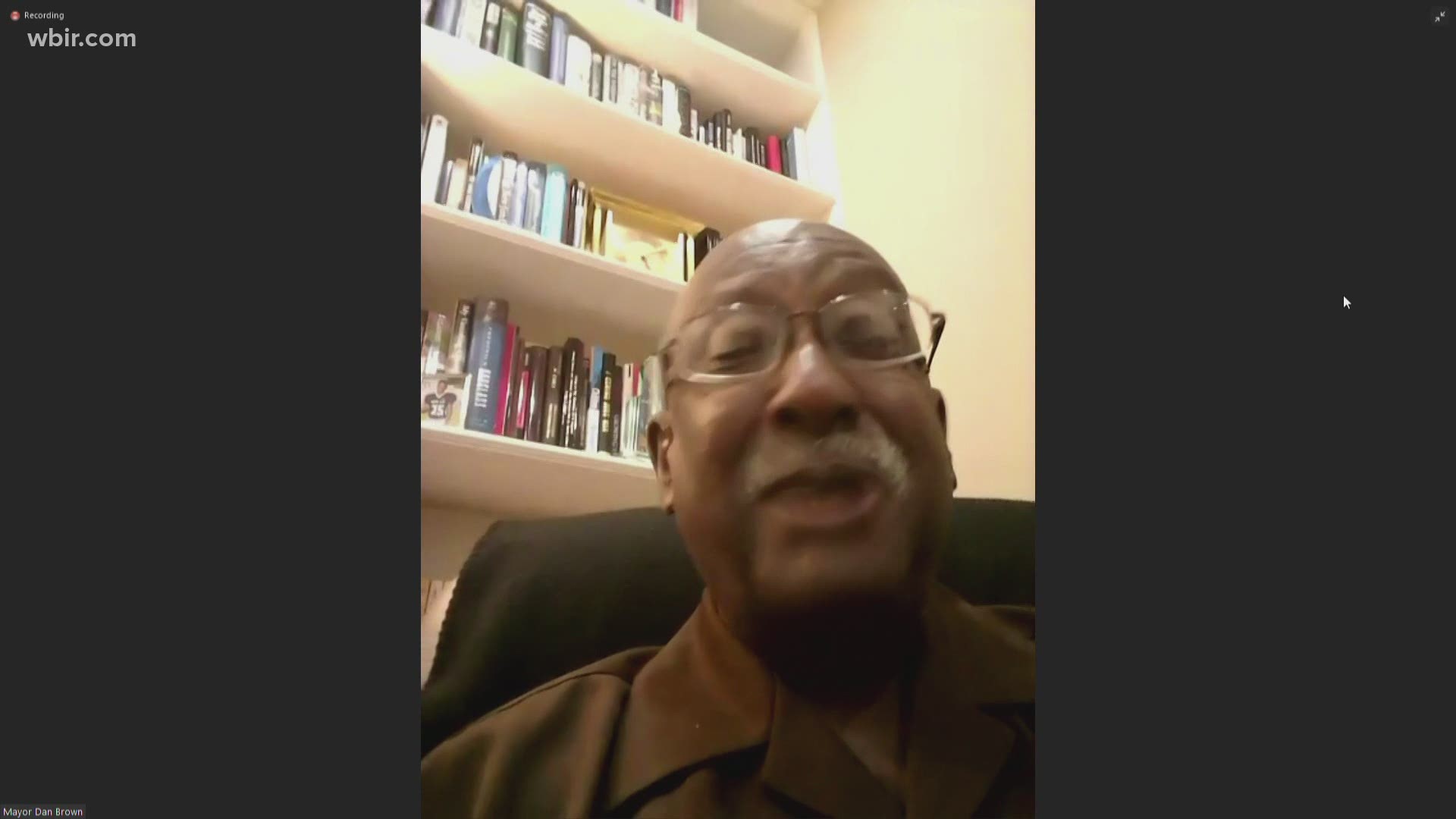KNOXVILLE, Tenn. — During the 1960s and 70s, East Knoxville communities faced destruction due to urban renewal policies. The Beck Cultural Exchange Center hosted a panel Friday with leaders to discuss their impact, as well as the potential impact of a new stadium in downtown Knoxville.
Urban Renewal policies allowed cities across the U.S. to use federal money on projects to improve infrastructure, destroy substandard buildings and build interstate highway systems. For many people in Knoxville, the improvements were welcomed at first.
However, experts said they started going too far in the late 60s. As a result of urban renewal policies, landmarks in Black communities were destroyed. People were pushed out of their homes and left unable to afford new places to live, so they ended up in public housing.
Many Black-owned businesses were also demolished, while others simply lost customers as more people left the community to find places to live.
The East downtown Knoxville area was also divided from the rest of the city by the eastern loop of James White Parkway.
"People were not consulted, and decisions were made without really finding out what did people want to do, which is a great tragedy that we're still paying for today," said Daniel Brown, a former mayor of Knoxville.
The Beck Cultural Exchange Center also talked about a proposal to build a baseball stadium in East Knoxville and the impact it could have on the community.
Supporters of the plan said it could spur economic activity in the region, supporting surrounding neighborhoods. However, opponents are concerned that public money is being spent in the wrong way. They say it would be better spent on education initiatives, community safety and improved roads.

